Inadequate infrastructure and a lack of awareness often lead to the pervasive issue of plastic waste from oftentimes mismanaged single-use items. Its multifaceted impacts on Indonesia’s waterways and marine ecosystems become a bottleneck to relevant stakeholders and the nation’s overall socioeconomic growth. This paper explores the feasibility of a circular economy (CE) model for plastic waste management, incorporating the Life Cycle Assessment (LCA) framework to reduce environmental impact in the value chain. The study also assesses the potential of Extended Producer Responsibility (EPR) as a funding mechanism to support CE implementation in Indonesia, with recommendations for regulatory enhancements and infrastructure investments to overcome current limitations and achieve sustainable national economic growth.
Op-EdRenewable Energy & Emission Reduction
Closing the Loop: Breaking the Bottleneck of the Indonesian Plastic Crisis
Published: 12/31/2024
Details
Cluster
Renewable Energy & Emission Reduction
